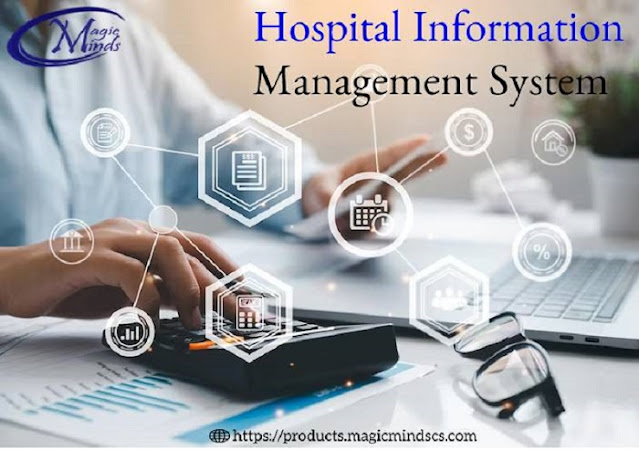How to Choose the Best Ecommerce Order Management System
In the fast-paced world of ecommerce, efficient order management is crucial for the success of any online business. An ecommerce order management system (OMS) is a powerful tool that can streamline operations, enhance customer satisfaction, and boost profitability. With the wide array of options available, choosing the best ecommerce order management system can be a daunting task. In this blog post, we will guide you through the key factors to consider when selecting an OMS that aligns with your business needs.
Assess Your Business Requirements:
Before
diving into the selection process, it's essential to evaluate your specific
business requirements. Consider factors such as the size of your inventory,
order volume, shipping methods, and integration capabilities. Understanding
your business needs will help you narrow down your options and ensure that the
chosen OMS meets your current and future demands.
Integration Capabilities:
A
crucial aspect of any ecommerce order
management system is its ability to integrate seamlessly with your existing
software and platforms. Look for an OMS that offers integration with popular
ecommerce platforms like Shopify, WooCommerce, Magento, or BigCommerce.
Integration with accounting software, customer relationship management (CRM)
systems, and shipping carriers is also essential for efficient order processing
and data synchronization.
Inventory Management Features:
Efficient
inventory management is the backbone
of successful ecommerce operations. An ideal ecommerce order management system
should provide robust inventory management capabilities. Look for features such
as real-time inventory tracking, automated stock updates, low stock alerts, and
the ability to manage multiple warehouses or fulfillment centers. Effective
inventory management will ensure accurate stock levels, prevent overselling,
and enable timely restocking.
Order Processing and Fulfillment:
The
order processing and fulfillment process should be smooth and efficient to
ensure customer satisfaction. An OMS should automate and streamline order
processing tasks, such as order capture, payment verification, and shipping
label generation. Look for features like batch order processing, order routing
based on proximity to fulfillment centers, and the ability to split shipments.
The system should also offer integration with various shipping carriers for
easy label printing and tracking.
Scalability and Flexibility:
As
your ecommerce business grows, your order
management system should be able to scale alongside it. Consider the
scalability and flexibility of the OMS you choose. Can it handle increased
order volumes and growing inventory without compromising performance? Does it
offer customizable workflows and rules to adapt to your unique business
processes? A scalable and flexible OMS will support your growth and accommodate
future expansion.
Reporting and Analytics:
Access
to accurate data and insights is crucial for making informed business
decisions. Look for an ecommerce order
management system that provides comprehensive reporting and analytics
features. The system should offer detailed order, inventory, and sales reports,
as well as customizable dashboards to monitor key performance indicators
(KPIs). Advanced analytics capabilities, such as predictive analytics and
demand forecasting, can also provide valuable insights for inventory planning
and optimizing operations.
Customer Experience:
A
seamless and satisfying customer experience is vital for ecommerce success.
Consider how the OMS contributes to the overall customer experience. Look for
features like automated order status updates, tracking notifications, and
personalized communication. The system should allow easy returns and refunds
processing, as well as efficient customer support through integration with CRM
tools or helpdesk software.
Pricing and Support:
Evaluate
the pricing structure of the ecommerce
order management system. Does it offer a pricing plan that aligns with your
budget and expected return on investment? Consider the total cost of ownership,
including upfront fees, monthly subscriptions, and any additional charges for
integrations or customization. Additionally, assess the quality and
availability of customer support provided by the OMS vendor, including
technical support, training resources, and ongoing updates.
Conclusion:
Selecting the best ecommerce order management system is a critical

.jpg)


Comments
Post a Comment